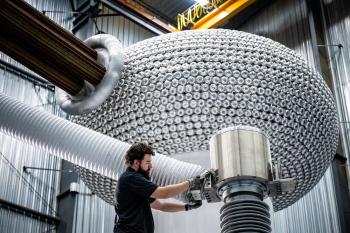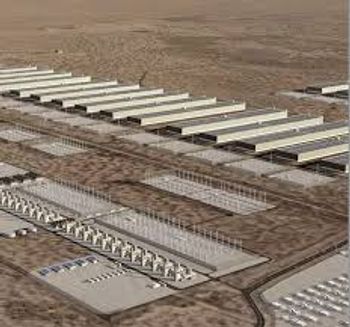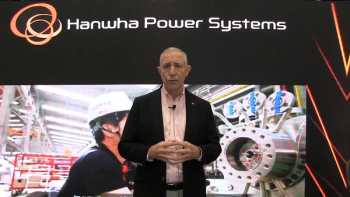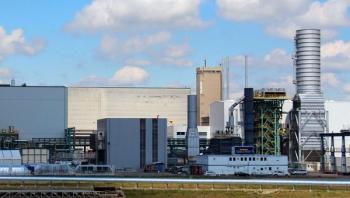
Energos Infrastructure Acquires Marine LNG Assets in Long-Term Contract
Affiliates of Dynagas have sold two floating storage and regasification (FSRU) units to Energos for the fulfillment of long-term German charter contracts.
Energos Infrastructure has announced the successful acquisition of two floating storage and regasification units (FSRU) from affiliates of Dynagas. The FSRUs are 174,000 m3 closed-loop designs built in 2021 and will be renamed Energos Force and Energos Power.
In early 2023, the FSRUs began long-term charter contracts with the German Federal Ministry of Economic Affairs and Climate Change. Energos Force is scheduled to operate in the port of Stade under direction of Deutsche Energy Terminals, while the Energos Power is planned to operate in the port of Mukran under a sub-charter with Deutsche Regas.
"Reliable energy infrastructure is essential to address the global energy crisis and reduce carbon emissions," said Arthur Regan, CEO and Director of Energos Infrastructure. "We are pleased to acquire these critical assets in operating service in Germany, which we believe will solidify Energos as a premier LNG maritime infrastructure company and further supports our efforts to bring cleaner, more reliable energy to customers around the world."
Utilizing these high-specification LNG regasification vessels, Energos will own and operate a total of 13 LNG infrastructure vessels. Energos’ marine LNG assets include 9 FSRUs, two floating storage units, and two LNG carriers. The addition of the Energos Force and Energos Power elevates the company’s position as an owner and operator of LNG marine infrastructure on the European continent.
"We are pleased to support Art and the Energos team in executing this FSRU acquisition, which we believe will be transformative for the platform and support its continued growth,” said Brad Fierstein, Apollo Partner. “Providing enhanced energy security and enabling lower carbon power generation are core priorities to Apollo's efforts to help drive a more sustainable future and we believe the implementation of these new vessels can play a significant role in bolstering Germany's energy independence."
Newsletter
Power your knowledge with the latest in turbine technology, engineering advances, and energy solutions—subscribe to Turbomachinery International today.




